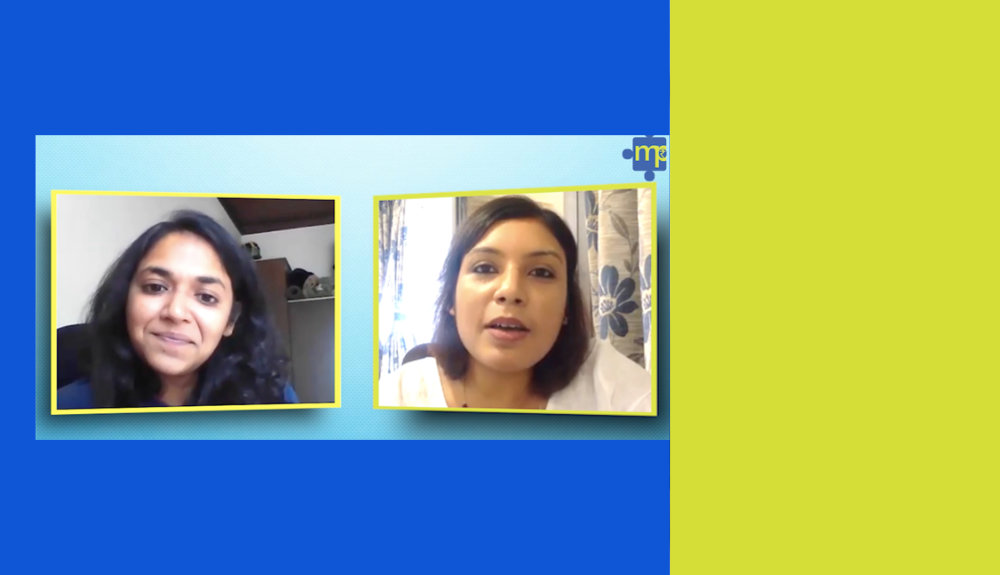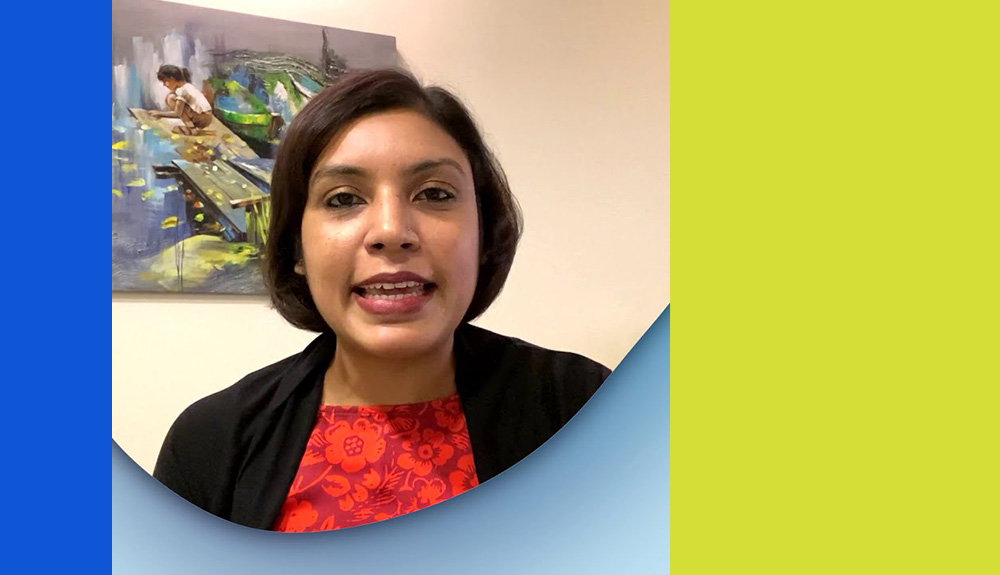Photo by Karolina Grabowska
In a recent financial well-being workshop I conducted for a small group of five people, one of the first topics we discussed was budgeting. It was really about writing down our expenses as a first step, which then helps in allocating spending as per our own, individual, unique life plans.
This has less to do with the traditional ‘budget’ which we must follow, it’s more about understanding how our daily spends impact the larger outcomes in our life. Hence, I hesitated to call it a budget. Instead, the objective was to adjust your spending plan according to what works for you.
If I’m being honest, the word ‘budget’ itself conjures up a feeling of dullness and if I were to visualise the internal body reaction, I’d say that imaginary walls spring up in front. I know I’m not alone in thinking this way. What I do believe is that our money should work for us as individuals, as providers and as professionals. For someone who has an unlimited pot of money, this is not an issue, for the rest of us, there is a need to make conscious choices about where we spend our money. This is where financial planners and experts fit in the word ‘budget’, which is basically an estimate of earnings and expenses over a defined period.
Unless you track this via – budgeting – how will you fulfil your life’s desires? The fear is that you may end up spending too much on needless expenses and set your future financial security up for a big fall or you may not be able to achieve all the other more critical financial objectives that you subconsciously want to pursue. This is not hard to understand and yet, when it comes to budgeting, we all find it excruciatingly hard to do and as much as possible just avoid it.
The problem lies in the word itself
As soon as I hear the word ‘budget’, I begin thinking of the word, less. Already in my mind, it means I need to compromise on something. A compromise is usually not a fulfilling or satisfying proposition. Also, if someone tells me I have to budget, it sounds like what I am doing now is not budgeting and if budgeting is the right way forward, then I’m doing something wrong at the moment. Honestly, it makes me feel stupid and inadequate, unable to manage my money.
On the contrary, when it comes to money matters, it’s important to feel satisfied with your money decisions and also confident that you can manage your money. A term like ‘budget’ can be quite limiting and forces us to face lapses in our decision-making rather than focusing on what has gone right.
If not budget then what?
As a financial coach, I’m always looking at ways in which one can reframe deep-seated money beliefs and articulate some of those more positively, ensuring gainful action rather than avoidance. The term ‘budget’ definitely needs a reframe.
What are you really doing when you decide to budget? Think of it instead as a spending plan. The key to managing money lies in this basic idea that you should spend within your means. If you are unable to do this in a sustainable manner, you will invariably end up borrowing money from others. The potential outcome of this situation is that over time if loans pile up, you will have even lesser to spend on yourself because a lot of your income will be tied up in loan repayment and interest costs.
Hence, it is important to spend only within what you earn.
To achieve this, you don’t need a budget, what you need is a focused monthly spending plan that works for you. The first step in building this is writing down your daily spending and tracking where your money goes. Doing this for a few months, will give you a better sense of where you are spending and within that which of the spends are necessary, which are non-negotiable, which spends add meaning to your life and which are the meaningless expenses. If you spend more than you desire every month on meaningless expenses, the outcome will be deep displeasure, silent uneasiness and unacknowledged unhappiness.
Instead, if you look at that written-down expense summary and shift things around, adding more to the columns which add meaning to life, you can immediately change how you feel about yourself and your lifestyle. For someone, travelling to experience the world and its many cultures or learning how to play the guitar may be important; but they are unable to find the money for it because too much of what they earn gets spent on buying gadgets online. There needs to be a shift from the e-commerce column into the travel/music column; basically, lesser entries in the first versus more in the other.
In your spending plan, have a column that says ‘Purchases on Amazon’ (or any other e-commerce site you frequent), I guarantee that you will not only be surprised by the amount you are spending on e-commerce sites, but also you will realise you don’t really have much long term use for half the things you buy. This kind of writing down of expenses can cause mental and emotional confrontations within you. Don’t shy away from it, face the dilemma.
Such confrontation with your expenses can force you to re-think what you are doing and in turn, free up a lot of room for spending on things that really do bring a smile to your face and contentment in your heart.
At some level, it’s not about needs versus wants, but rather about fulfilling basic physical survival needs and then identifying what else is more money doing for you. Which other emotional, spiritual, meaningful, self-actualisation need is your spending plan catering to? Your spending plan is really a way to create awareness about your own money management and whether it is adding value to your life and meaning to your life.
Money can be limiting and money can be uplifting. The words we use play a crucial role in deciding our perspective towards our money. Don’t let your choice of words limit the uplifting role money can play in your lives. Ditch the ‘budget’ and embrace your spending plan!
PS – Here are some other alternatives to the word ‘budget’
- Spending Plan
- Money Diary
- Expense sketch
- Money columns
- Monthly Snapshot
- Path guider
You can reframe your budget as you desire to reflect who you are and what you seek to achieve with your finances, just as long as you don’t call it a ‘BUDGET’.
If you like what you have read and it’s impacted your thoughts, don’t forget to leave a comment!
Also read:
She owned her mistakes and turned around her fortune

Siddhika Aggarwal started off having an estranged relationship with money. She only realised this was working against her when she ran into trouble with money. Instead of giving up and shying up, Siddhika took on the challenge headfirst and turned around her money mistake.
Where do we go now? Your investment approach in 2021

As 2021 gets well on its way, have you taken the time out to build your investmentAn investment is made to give you a return. You make an investment if you use your money to buy either physical assets like property or financial assets like bonds and equity with an aim to receive income or gains... More portfolio? Have you at least understood that saving and investing is the way to secure your financial future?
Stepping into the world of planning with Khyati Mashru Vasani

If you were confused about what financial planning entails and whether you should start with it or not – watch this 10 min discussion with a young planner who got the awareness early in life.

